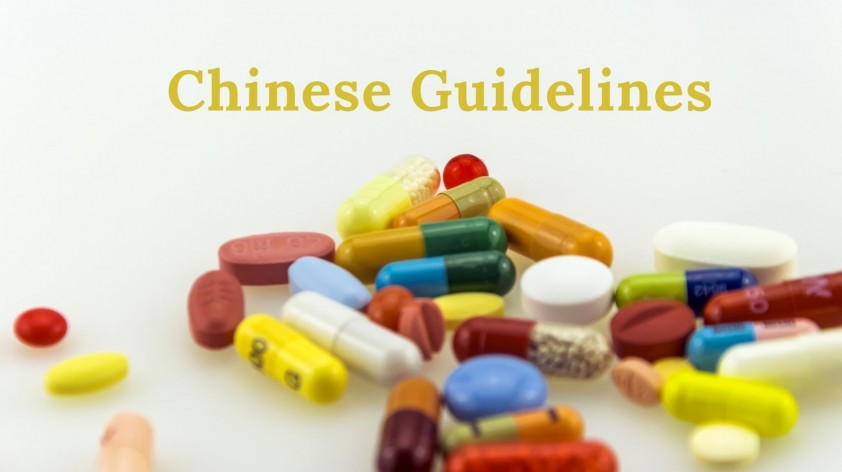The contents below were approved by CFDA on 20th June 2017. Somehow, it was only published today, under the title of No. 35 CFDA Decree(link in Chinese). There are just minor revisions compared to the original statements.
1. Except for biological products for preventive use, for INDs aiming to undergo international multi-centre clinical trials in China, a Phase I trial can be carried out concurrently with other countries. It is no longer required that INDs have already been registered overseas or have already entered Phase II or Phase III trials overseas.
2. For international multi-centre clinical trials conducted in China, after the completion of such trials, sponsors are eligible to apply for New Drug Applications (NDA) directly.
3. For imported new chemical drugs and innovative biological products for therapeutic use which are for Clinical Trial Applications (CTA) or NDA, it is no longer a prerequisite that such drugs have received marketing approvals from the countries or territories in which the drug manufacturers reside.
4. For imported drugs applying for clinical trial registration waivers that were under review by CFDA before the publication of this decree, if the exemptions are based on international multi-centre clinical trials data, import permits can be granted as long as they meet relevant requirements.
More information here in Chinese.
A Decision to Adjust Regulations on Registration of Imported Drugs
(Draft for Public Comments)
To encourage the conduct of concurrent clinical trials of Investigational New Drugs (INDs) manufactured overseas which have not been marketed anywhere in the world, shorten time-to-market between China and overseas, as well as to satisfy the public’s clinical needs for new drugs, CFDA has adjusted its registration requirements on imported drugs as below.
1. Except for vaccines, for drugs aiming to undergo international multi-centre clinical trials in China, it is no longer required that such drugs have already been registered overseas or have already entered Phase II or Phase III trials overseas.
2. For international multi-centre clinical trials conducted in China, after the completion of such trials, sponsors are eligible to directly apply for drug registration for marketing purposes.
3. For new chemical drugs and new biologics for therapeutical purposes which are under application for import into China, it is no longer a prerequisite that such drugs have received marketing approvals from the countries or territories in which the drug manufacturers reside.
4. For imported drugs applying for registration waivers that are currently under review by CFDA, if the waivers are based on international multi-centre clinical trials data, import permits can be granted as long as they meet relevant requirements.
Some of the contents below are based on a source in Chinese.
1) The existing “3-application-3-approval” process for imported drugs will be reverted back to the “2-application-2-approval” process.
2) CFDA encourages China to take part in global clinical trials concurrently. It is reasonable to predict that global pharma will invest more in China in new drug R&D and clinical trials.
3) More and more international multi-centre clinical trials will be conducted in China, which will bring huge opportunities for CROs.
4) The time needed for overseas new drugs’ entry into China will be dramatically reduced, by 3-5 years, that is.
5) It is likely that China can be the first country for an IND to get marketing approval.
6) The time needed for Chinese clinicians and patients to access latest drugs will be significantly shortened, esp in the serious diseases and rare diseases space.
7) Some Chinese domestic pharmaceutical companies may be knocked out of the market due to lack of competitiveness.
What it conveys, it seems, is that the CFDA has a strong determination to reform. And it takes unprecedented measures to make the reforms happen.
Readers, do you agree with the above analysis? You can also contact us to let us know your comments.
Acurit Medical Communications Pty Ltd provides bilingual Chinese medical writing services for the pharmaceutical and health industries. We esp. focus on English Chinese literature reviews on nutrition and pharmaceuticals to support marketing claims, regulatory and R&D.
Post last updated: 24 May 2020


